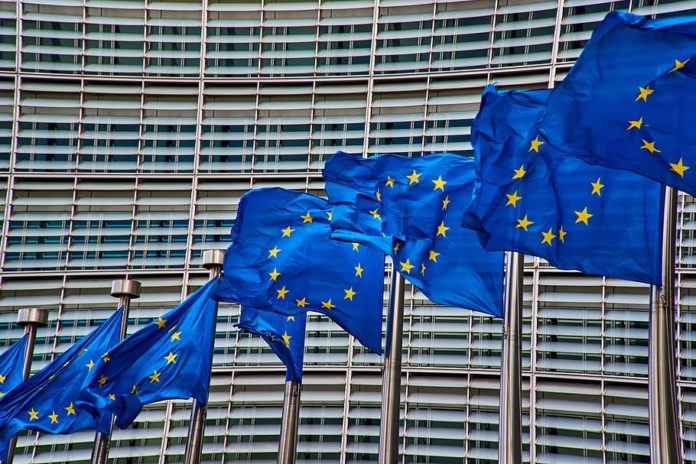Guest author Olga Gurgula is a Senior Lecturer in Intellectual Property Law at Brunel Law School, Brunel University London.
A war-weary Ukraine critically depends on the support of the European Union (EU) in all spheres, especially in the provision of life-saving medicines to the Ukrainian population. The EU has pledged its support for Ukraine following Russia’s invasion. However, a recent proposal by the European Commission on a new EU-wide compulsory licensing regime (COM(2023) 224) may have the opposite effect.
The Commission’s proposal is an essential piece of legislation that will help the EU to be better prepared in crisis situations. While the new proposed mechanism of compulsory licensing contains many novel and useful elements, one provision is rather problematic and will affect the interests of both the EU and Ukraine. This is included in Recital 28 of the Commission’s proposal, which provides that: ‘[i]t is imperative that products manufactured under a Union compulsory licence reach only the internal market’. In addition, Article 11 of the Commission’s proposal states that ‘[t]he export of products manufactured under a Union compulsory licence is prohibited’.
These provisions may have a detrimental effect on both the EU and its Member States, as well as on Ukraine for the following reasons.
First, the wording of Recital 28 and Article 11 is not in line with the requirements of the World Trade Organization (WTO) Agreement on Trade-Related Aspects of Intellectual Property Rights (‘TRIPS’). Article 31(f) TRIPS specifically states that the use of a product under a compulsory licence must be ‘predominantly for the supply of the domestic market of the Member authorizing such use’. This means that this provision allows a limited supply under such a licence to other countries. Therefore, the Commission’s proposal of supply for the internal market only is contrary to Article 31(f) TRIPS.
Moreover, this provision may have a negative effect on both the EU and Ukraine during emergencies (such as a pandemic or war). This is because, in the case of an EU-wide emergency before Ukraine joins the Union, the EU would not be able to support Ukraine with essential medicines if the supply must be exclusively for the internal market under the new compulsory licensing regime. As Ukraine’s EU membership will not happen within the next 7-10 years, even by optimistic scenarios, this would leave an already vulnerable population even more vulnerable during a time of need.
At the same time, in its report on Ukraine’s fulfilment of the conditions for starting negotiations on the accession to the European Union, the European Commission included the review of the compulsory licensing regime as one of the tasks that Ukraine must undertake. However, if Ukraine implements a mirroring provision as part of its current obligations, this will mean that Ukraine, while having a strong generic industry, will not be able to support the EU during an EU-wide emergency under this regime. In this respect it must be reminded that access to alternative sources of medical supplies proved critical for the EU during the Covid-19 pandemic.
Finally, whilst the EU has enacted a special regime of compulsory licencing for export (Regulation (EC) No 816/2006), this mechanism is extremely cumbersome and complex (even more cumbersome than the Article 31bis TRIPS mechanism, which as the Covid-19 pandemic demonstrated, is unsustainable to deal with crises that cover multiple countries). This Regulation, thus, requires substantial revision to make it more effective.
In light of these negative effects, the need to comply with the TRIPS Agreement, as well as to protect public health both in the EU and Ukraine during emergencies, CO ‘100%LIFE’ (the largest patient organisation in Ukraine) and the author of this blog have sent their appeals to the European Parliament to consider relevant amendments to the Commission’s proposal.
Guest author Olga Gurgula is a Senior Lecturer in Intellectual Property Law at Brunel Law School, Brunel University London.
